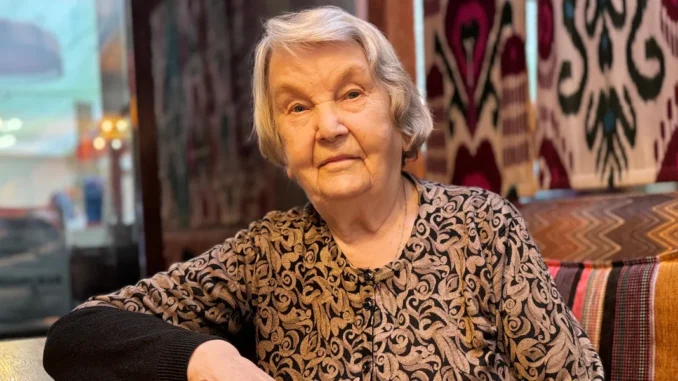
Macy never looked forward to seeing her mother-in-law. Each visit came with passive-aggressive comments—critiques on her cooking, her looks, even how she treated Chandler. This trip was no different. But when Macy finally reached her breaking point and spoke up, the tables turned—suddenly, she was painted as the problem. Everything changed, though, when a discovery at her late father’s home shed new light on it all.
It was a bright holiday afternoon as the couple drove down a long, sun-drenched road. Chandler, cheerful as ever, hummed along to his playlist, occasionally glancing at the GPS and Macy.
She sat silently beside him, arms crossed, eyes on the passing scenery, her mood a storm cloud he couldn’t quite chase away.
He landed on a familiar tune—John Denver’s “Take Me Home, Country Roads”—and joined in, trying to bring some levity.
Macy didn’t budge.
Turning up the volume a little, Chandler sang louder, hoping to break the tension. Instead, Macy leaned over and switched the music off with a sharp click.
“What’s wrong? Did I do something?” he asked gently.
“It’s not you,” Macy said quietly. “It’s just… your mom. You know how she is.”
Chandler sighed, “Yeah… she’s harsh sometimes. But it’s just for the weekend. I’ll say something.”
“Don’t,” Macy replied. “It’ll only make it worse. I just don’t understand why she dislikes me so much.”
He gave her a comforting look. “We can’t change the wind, but we can adjust our sails.”
She managed a faint smile and turned the music back on. The heaviness between them lightened a bit.
When they pulled into Linda’s driveway, the house looked run-down and overgrown.
“I’ve offered to help with the yard,” Macy mumbled.
“She refuses help,” Chandler said. “Always has.”
Inside, Linda greeted them coolly, barely hiding her judgmental glance at Macy. Over dinner, her digs were as subtle as ever—pointed, icy, constant.
Chandler tried to step in, but it wasn’t enough. Macy eventually left the table, needing space. From the kitchen, she overheard more of Linda’s biting words. That was the last straw.
She walked back in and finally confronted Linda—firm, emotional, and honest. The conversation quickly spiraled into an argument. Hurt and overwhelmed, Macy left the house.
She ended up at her late father’s place—a quiet, still home echoing with memories. Wandering through old belongings, she discovered a box of letters in the attic. They were from Linda.
The letters told a story she never knew: years ago, Linda and her father had been in love. Their relationship had ended abruptly and painfully. Macy, it turned out, reminded Linda of the man she once lost—and the pain she’d never dealt with.
Everything clicked. The resentment, the criticism—it wasn’t really about Macy at all. It was grief, disguised as disdain.
With this new understanding, Macy returned to Linda’s house.
Chandler and his mother were waiting in tense silence. Macy walked in and, without a word, embraced Linda.
“Forgive me… and forgive him,” she whispered.
Linda froze, then softened. The old pain finally acknowledged, she began to let go.
No more explanation was needed. A quiet peace settled in. For the first time, there was real understanding—and the beginning of something better.
Leave a Reply